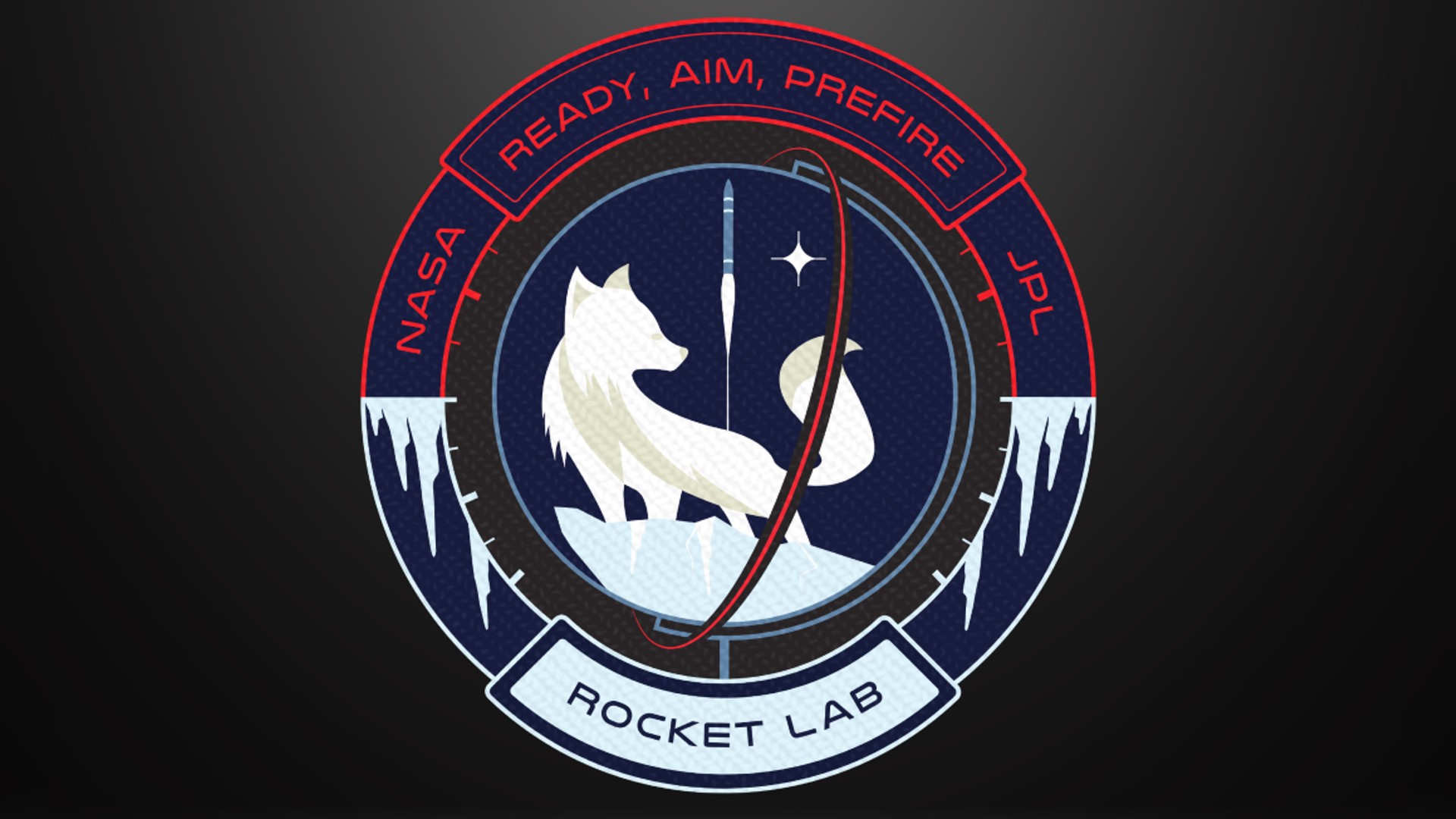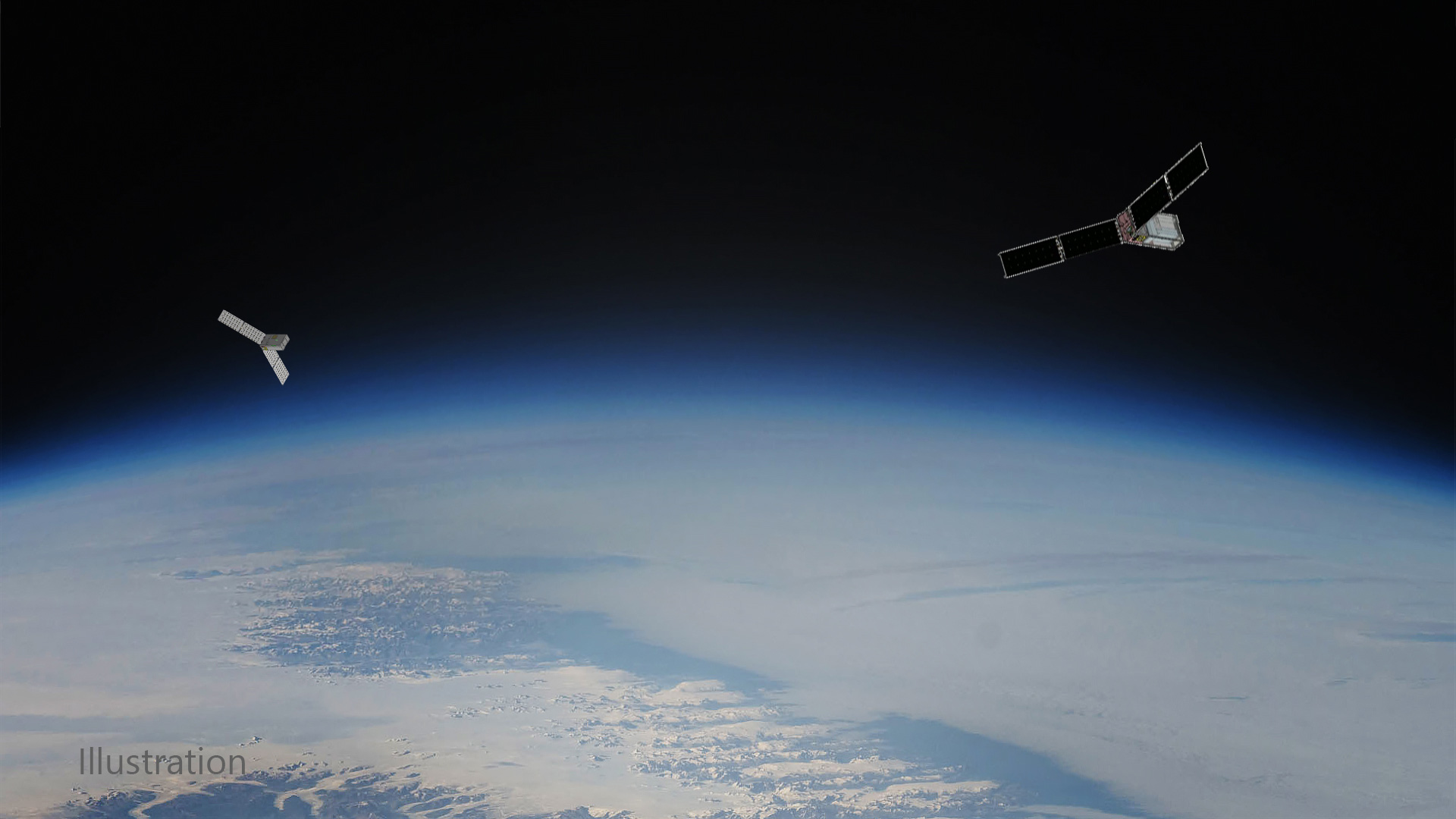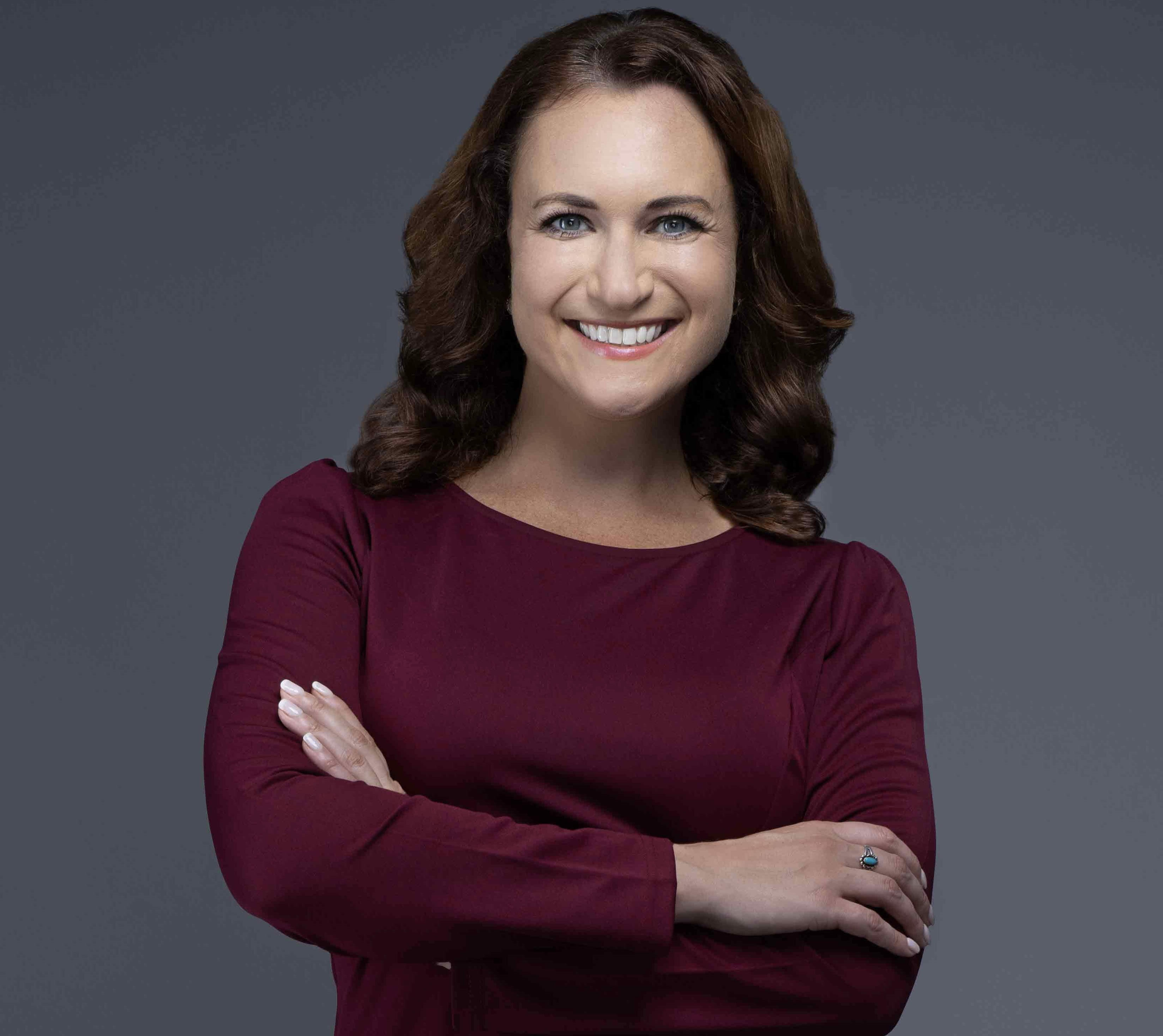NASA selects Rocket Lab for back-to-back climate change research launches
First launch scheduled to lift-off later in May on an Electron rocket.

One of NASA's latest climate change missions will soon head to space on Rocket Lab's Electron rocket.
Rocket Lab shared this week that planning continues for two back-to-back launches taking that will send NASA's PREFIRE (Polar Radiant Energy in the Far-InfraRed Experiment) mission to space from the company's Launch Complex 1 in Māhia, New Zealand. Aboard each rocket will be a cubesat that will circle the globe at an altitude between 292 and 403 miles (470 and 650 kilometers) in near-polar orbits.
The first launch is scheduled no earlier than May 22 and after the successful deployment of "Ready, Aim, PREFIRE," the second, deemed "PREFIRE and ICE", will follow within three weeks. These two launches will be Rocket Lab's sixth and seventh of the year and the 48th and 49th Electron launches to date.
Related: NASA's twin spacecraft will go to the ends of the Earth to combat climate change
"It's these types of missions where Electron really thrives as the leading launch provider for dedicated small satellite missions," Peter Beck, Rocket Lab CEO and founder, said in a statement. "We have an excellent track record of delivering NASA's payloads to exactly where they need to go and when they need to, and we're looking forward to adding to that tally further with these next back-to-back launches."
The 10-month PREFIRE mission will focus on climate change by taking measurements that can only be obtained from space, measuring the amount of heat Earth loses from its polar regions. Once in near-polar, or asynchronous orbit, each of the PREFIRE satellites will gather information from their onboard sensors, which are far more sensitive than previous spacecraft, enabling scientists to learn more about polar heat emissions in the far infrared.

According to a statement from NASA's Jet Propulsion Lab, the Arctic has warmed more than 2.5 times faster than the rest of the planet with roughly 60% of the energy that's released into space not measured efficiently.
Get the Space.com Newsletter
Breaking space news, the latest updates on rocket launches, skywatching events and more!
The PREFIRE mission will help add the remaining puzzle pieces to the Arctic heating mystery so scientists can pinpoint which specific regions of the polar environment could be the culprit for the heat loss. The data will also contribute to improving climate models and forecast changes that result from global warming.
"Helping climate scientists better understand climate change means they need precisely located measurements of Earth's polar heat loss, which NASA's PREFIRE mission is setting out to achieve, and helping the PREFIRE mission achieve its science objectives means its satellites need precise and accurate deployments to their locations in space," Beck added in Rocket Lab's statement.
This is not the first time Rocket Lab has used Electron for NASA science and technology missions; it also was part of the CAPSTONE mission to the moon in June 2022, the TROPICS mission in May 2023, the NASA Starling mission in July 2023, and NASA's upcoming ACS3 rideshare mission.
Join our Space Forums to keep talking space on the latest missions, night sky and more! And if you have a news tip, correction or comment, let us know at: community@space.com.

Meredith is a regional Murrow award-winning Certified Broadcast Meteorologist and science/space correspondent. She most recently was a Freelance Meteorologist for NY 1 in New York City & the 19 First Alert Weather Team in Cleveland. A self-described "Rocket Girl," Meredith's personal and professional work has drawn recognition over the last decade, including the inaugural Valparaiso University Alumni Association First Decade Achievement Award, two special reports in News 12's Climate Special "Saving Our Shores" that won a Regional Edward R. Murrow Award, multiple Fair Media Council Folio & Press Club of Long Island awards for meteorology & reporting, and a Long Island Business News & NYC TV Week "40 Under 40" Award.









